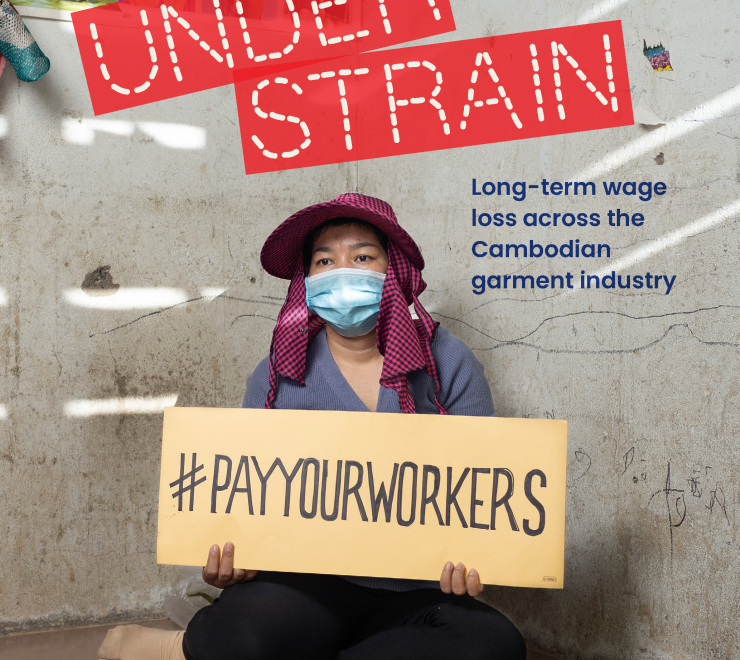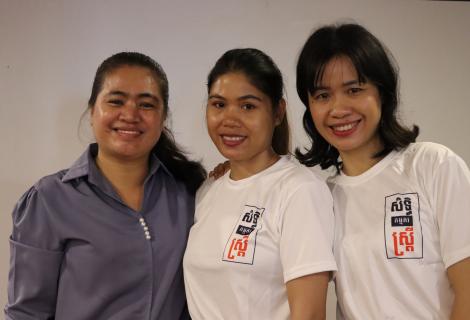
Context
The Cambodian economy is heavily reliant on the garment and textile industry, which contributes more than a third of the country's GDP and employs almost one million workers of which nearly 90 per cent are women. Despite the centrality of the industry to Cambodia's economy, working conditions are poor, with low wages, unfair dismissals and widespread gender discrimination and harassment.
A study undertaken by ActionAid in 2021 found that almost all surveyed garment workers were earning below a living wage. There have been COVID-19 job losses and salary reductions, with only 1 0% of workers receiving social protection support through the National Social Security Fund. These factors resulted in 89% of surveyed workers reporting that their household had run out of money for food since the pandemic began and almost half had taken on additional loans to cover basic household costs.
COVID-19 has had a detrimental impact on working conditions and rights at work with 56% of surveyed workers reporting that their rights at work had worsened since the pandemic hit, while almost half of women workers reported experiencing violence or harassment in the workplace.
Whilst Cambodia has 15 labour inspectors responsible for Occupational Health and Safety inspection, there are issues of safety and working conditions that need to be addressed and the implementation of the law needs to be strengthened. Workers need to receive information and be adequately protected and allowed collective bargaining and negotiation.
This project will build all workers' (particularly women) knowledge and capacity to advocate for policy and practice reform at the factory and government level to improve wages, labour rights working conditions and access to social protection for workers. There will be deliberate inclusion of workers with disabilities in all project activities, monitoring and evaluation.
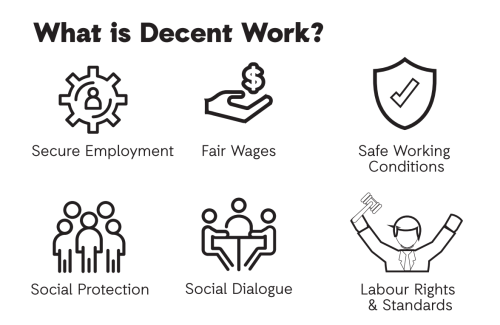
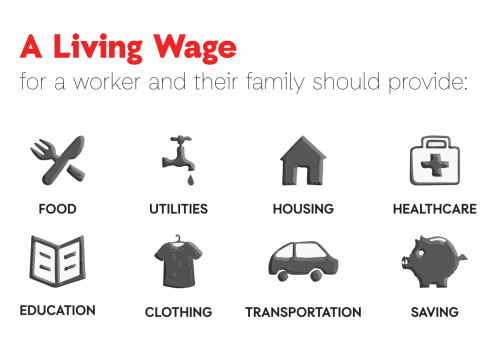
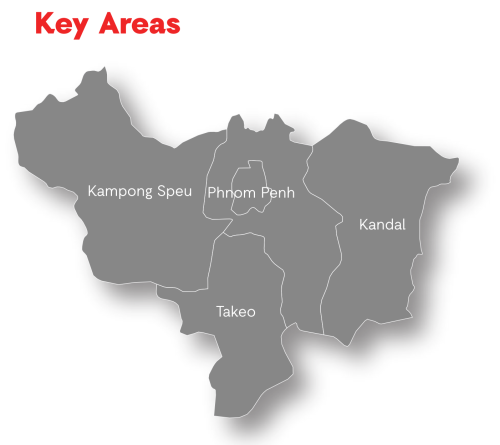
The project aims to meaningfully engage in and facilitate leadership of women workers in the informal and formal economy on the decent work agenda including claiming their rights at work and inclusion in social protection.

Charter of Demand from Entertainment Workers
